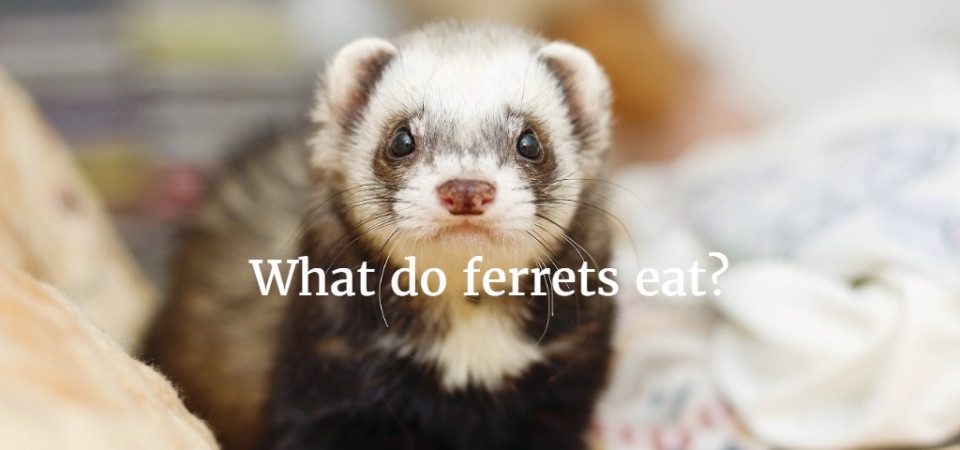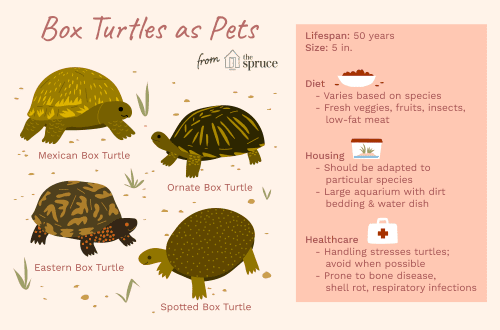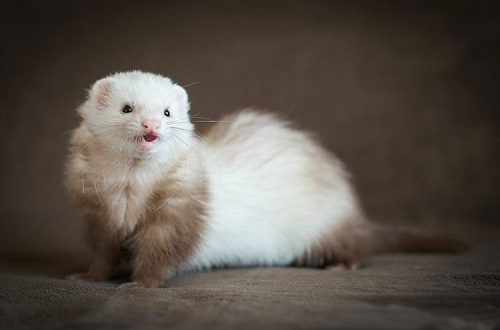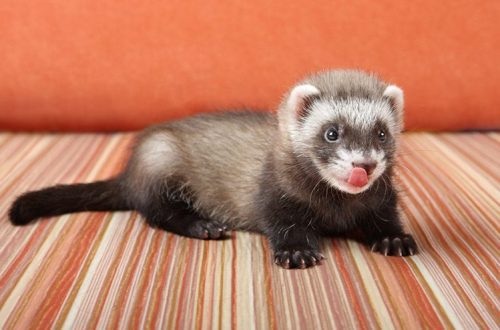
What ferrets eat: how to feed domestic ferrets and how to choose food
Ferrets or ferrets are becoming more and more popular pets, although keeping them is not as easy as it seems. The fashion for ferrets is due to their funny habits, beauty, bright individual traits and difficult character. For competent content, you need to figure out what ferrets eat, how to properly feed a domestic ferret.
Contents
Features of feeding domestic ferrets
Ferrets – predators, carnivores. Their teeth and jaws are designed to bite and tear meat, crush small bones. Ferrets have a very fast metabolism, digest food within two to three hours. Therefore, the animals eat often and little by little. They can’t be set on a diet like a dog, ferrets regulate their energy needs on their own, so they need to have food in their bowls at all times.
Ferrets can live peacefully under the same roof as cats and dogs, but do not eat dog or cat food. Dog food contains a large amount of fiber and vegetable proteins, so it is completely unsuitable for ferrets. Ferrets do not need plant foods. They need proteins that are easy to digest. For example, they eat chicken, duck, turkey, rabbit meat, fish, and eggs. Improper feeding affects the mood of the animal, the condition of the animal’s coat, can cause obesity, diabetes in the ferret, and lead to the development of rickets.
Types of food for ferrets. How to choose food for a ferret
So what do ferrets eat? The first type of feeding for a ferret is live food. This is the most natural and healthy food for the animal, intended for him by nature. But in the conditions of urban keeping of the animal it is rather problematic to feed live mice, small birds, chickens, fodder cockroaches. Yes, and the owner of the ferret will need endurance and self-control to observe a pet stained with blood, crunching with bones and insects, brushing small feathers and pieces of wool from food from its nose.
The second type of feeding is specialized dry food premium for ferrets. It is often difficult to buy high-quality feed specifically for ferrets in Russia. Many owners of ferrets get out of the situation: feed them premium cat food for kittens and lactating cats, they have more protein. When choosing a feed, you should pay attention to its composition, it should include two or more types of meat. The recommended amount of protein in the feed is 32-40% and 18-22% fat, the minimum amount of fiber and ash.
It is important to note where cereals are indicated in the composition, grain products are very difficult for ferrets to digest and have no nutritional value for them. You need to choose food containing taurine, it is needed for the health of the eyes and heart of the pet. Many ferret owners note that the animals really like dry food sprinkled with chicken broth, and animals also eat canned baby food made from poultry with an appetite. Dry food is easy to store and good for ferret teeth.
The third type of feeding is “farshekash”. A rather troublesome task – self-preparation of food, it requires veterinary advice. Only a doctor with experience in working with exotic animals will help to make a diet for the ferret, recommend the necessary vitamin and mineral supplements. “Farshekasha” is done like this: boiled turkey, raw chicken with offal, but without tubular bones, are ground in a meat grinder into porridge with a very small addition of cereals (wheat, oats, buckwheat, rice), imitating food in the stomach of a bird. You can add a boiled egg or a little cottage cheese to the finished minced meat.
If a beginner choreographer opted for “farshekash” for feeding a pet, then he must be sure of the freshness of all the components and the quality of the purchased products. Even knowing how to properly feed the ferret, but preparing food for the ferret on his own, the owner of the animal runs the risk of making unbalanced food, and then a lack of calcium, zinc, and fats can affect the health of the pet. It should also be borne in mind that the needs of ferrets for certain nutrients depend on whether the male or female is kept at home, whether the rut is going on, whether the female is pregnant or nursing puppies.
Do’s and Don’ts for Pet Ferrets
Ferret food prepared at home should contain exclusively from animal proteins, it is unacceptable to replace them with vegetable ones. It is better not to mix ready-made dry food with natural products, this will upset the balance of ready-made food and can lead to urolithiasis in the animal. And you need to remember what you can feed a domestic ferret, and what is forbidden to give him even in small quantities.
Recommended for frets:
- Poultry meat, offal, skin, veins, cartilage.
- Not raw lean beef or lamb.
- Not raw boneless sea fish – trout, flounder, mackerel, cod, herring, horse mackerel.
- For treats – boiled egg yolk, a very small piece of banana, pear, melon. Ferrets are happy to eat special treats made from tendons, but owners should not overfeed their animals.
It is forbidden to give ferrets:
- Any food from a person’s table – fried, smoked, sausages, drinks, etc.
- Apples and carrots are difficult to digest.
- Dairy products – lactose can cause diarrhea and vomiting.
- Whole nuts and popcorn can lead to intestinal blockage.
- Sweet desserts are bad for teeth and can cause diabetes.
- Chocolate is toxic to ferrets.
- Bread and rolls are difficult to digest.
- Pork is too fatty meat.
Dishes and drinkers for ferrets
Moving animals love to rattle bowls and turn them over, so it is better to put heavy dishes made of ceramics, glass or metal with food. Water must be available to the animals at all times to avoid overheating and dehydration. Ferrets can use water bowls for swimming, splashing and spilling puddles. It will be more convenient to purchase nipple or ball drinkers. Water should not be chlorinated from the tap. The owner of the ferret should regularly thoroughly wash the dishes for drinking and eating the pet, do not allow spoiled food or dirty water in the bowls.
With careful and proper care, ferrets can live at home. over ten years, delighting the owners with communication and their outdoor games. A balanced diet and the implementation of the recommendations of experts will strengthen the health of the pet and prolong its life.





